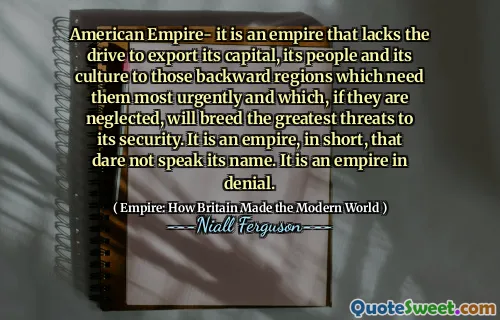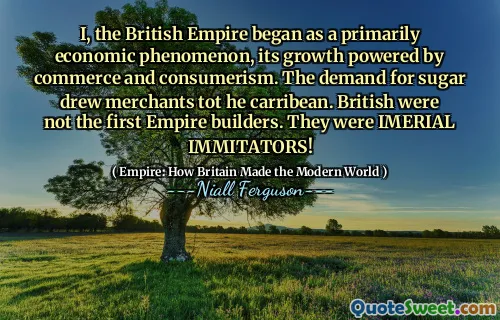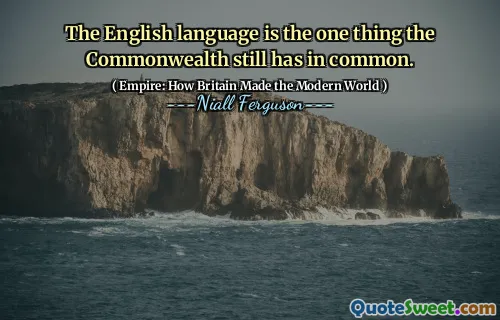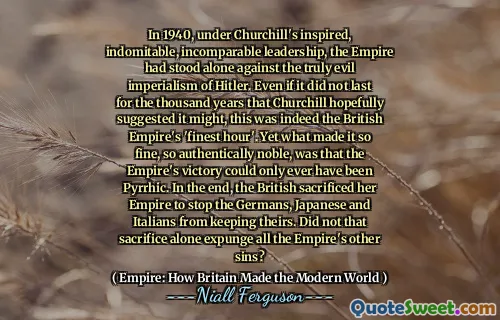
If the British wished to abolish the slave trade, they simply sent the navy. By 1840 no fewer than 425 slave ships had been intercepted by the Royal Navy off the West African coast and escorted to Sierra Leone, where nearly all of them were condemned.
In "Empire: How Britain Made the Modern World," Niall Ferguson illustrates Britain's decisive role in dismantling the slave trade during the 19th century. By the late 1830s, the Royal Navy had developed a powerful presence along the West African coast, actively intercepting slave ships involved in the illegal trade. This naval intervention was a crucial step in enforcing abolitionist policies, demonstrating Britain's commitment to ending slavery.
By 1840, the Royal Navy had seized 425 slave vessels, further emphasizing its effectiveness in combating the trade. These intercepted ships were taken to Sierra Leone, where the majority faced condemnation. Ferguson's account highlights how Britain's naval power was instrumental in shaping the course of abolition, effectively using military resources to enforce moral and legal standards against slavery.











